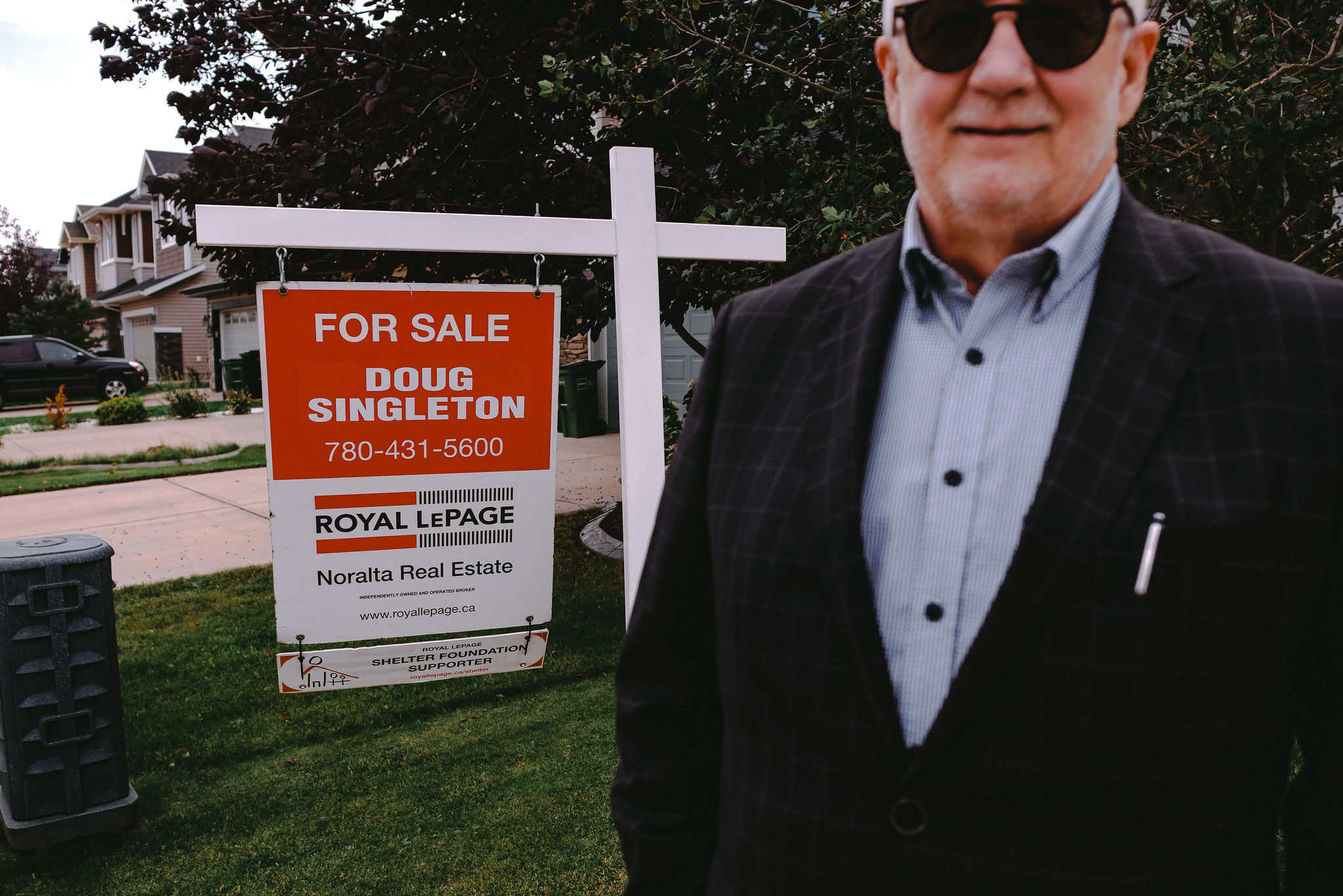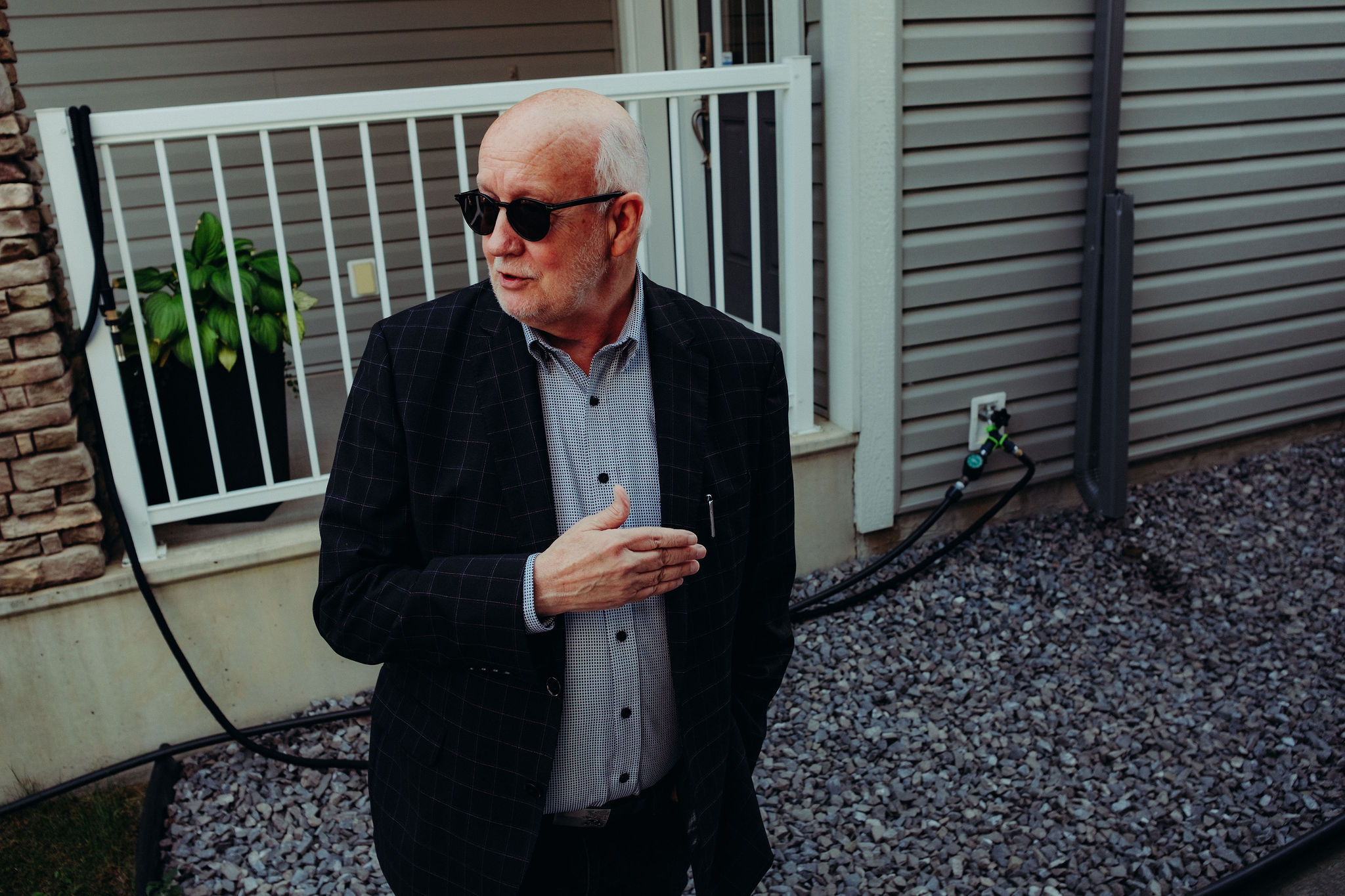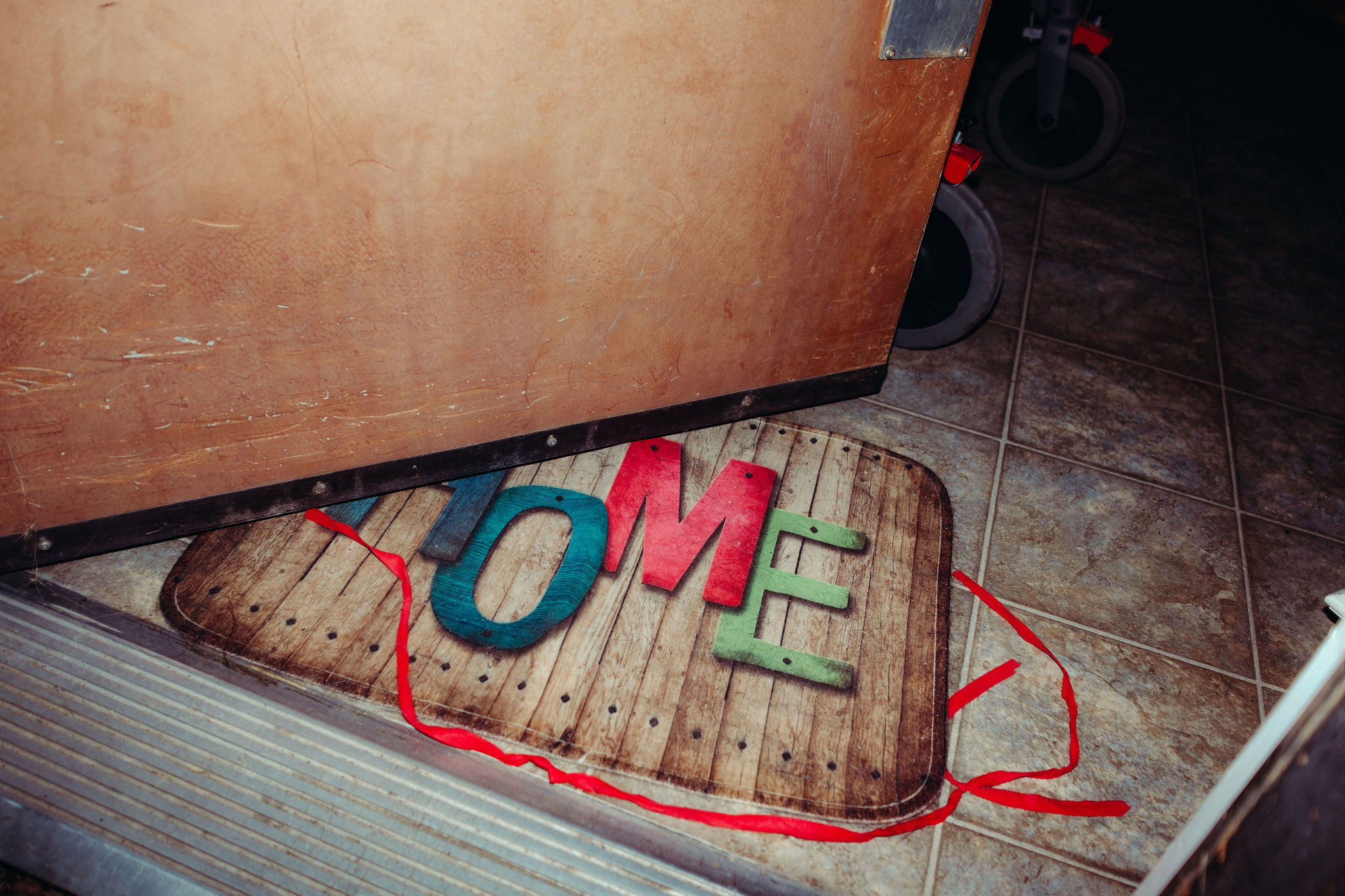This is one of 12 interviews conducted with various Edmontonians about their experience with the housing system. It has been edited for clarity and length. Read more about why and how Taproot embarked on this series.
Doug Singleton is an associate broker with Royal LePage Noralta Real Estate in Edmonton. A licensed real estate agent for 30 years, Doug has volunteered as a director of the REALTORS Association of Edmonton, serving as the president in 2012, and the Alberta Real Estate Association, the provincial body that provides advocacy and professional development for Alberta's 13,000-plus realty professionals. During his time as a realtor, Edmonton's population has grown from about 620,000 in 1994 to more than one million today.
Can you tell us what role you play in the housing ecosystem now?
I'm a realtor, which means I help people buy and sell real estate.
You've been in this business since 1994. Can you tell us a little bit how it's changed?
From a real estate perspective, everything has changed. At that time (1994) we probably had around 2,500 agents. I think today we're sitting with about 4,500 agents and 4,700 licensed realtors, if you count brokers. The population of Edmonton has gone up substantially as well.
It's the ups and downs that you see. When I joined the industry, there were more people leaving Edmonton than coming in. Vacancy rates were high in apartments, and everybody was offering deals. There were parts of the city that seemed like they were becoming a ghost town.
When I started, we used to have daily meetings about what sold, what didn't sell. We had a daily delivery from the Edmonton Real Estate Board of what's happening in the marketplace called a hot sheet that would have new listings, sales and changes, terminations or expired listings, and we'd all carry around these wonderful telephone-book catalogues. We used to have lots of newspaper advertising. We used to have lots of flyers. There used to be lots of cold calling. "Dialing for dollars" is what we used to call it back in the day. And door-knocking, that's a different experience altogether. Some people really take to it naturally. Others struggle with it mightily. I did not take to it well, but I did it, and you know, I'd do a whole neighbourhood. I'd walk for days and days.
Now it's all through technology, computers, internet, and social media. Everything revolves around the MLS computer system and Realtor.ca and the new technology. It's just a totally different world.
Can you tell us any stories?
There's good and there's bad stories that exist out there, and I don't really feel good about talking about either one of them. You know, there's unfortunate things that happen to people. I'm remembering more of the good ones or the unique circumstances, like sitting out in a parking lot with another agent and the police coming up and asking us what we're doing at 11 at night, are we drug dealers or something? Or people knocking on my car door asking why I'm sitting in front of their house at 10 at night?
What kind of things do you get out of being a real estate agent?
I enjoy helping people find a house. I enjoy going out there and showing houses. I enjoy listening to them. That's the best part of real estate. I guess I get a lot of satisfaction helping people accomplish their immediate goal, whether that be downsizing with seniors, or with people that are starting out with their first home. Teaching them, helping them understand the basics of being in a house. That's always a fun conversation.
We all want to be able to achieve a win-win situation where a client walks in, and they've got a wonderful opportunity. They're happy, their kids are thrilled, they're running around and everybody's happy. You know, it's a great job. It feels good when you turn over the keys, you walk away and say that was a good transaction.
What kind of things do you miss in the industry?
Negotiating has changed a lot over the years. We used to do a lot of it in person, and that's something that I think is really missing in our industry. That was a lot of fun, being able to put my clients' position up front. Now it's just really a piece of paper. I don't think you get to know the people that you're dealing with, even the agents. COVID really brought a change. One of the best things in my mind is getting the opportunity to get to know your clients, understanding them, hearing about them and their family, so those are the things that I perhaps miss the most about the way we do business today.
We know from statistics that housing is becoming less affordable. Is that a concern?
Supply and demand is the main reason. Certainly you're seeing a lot of people coming to Alberta because our prices have declined to a reasonable number and people are seeing that it's not a bad marketplace and there's employment. We've got higher interest rates. For single family homes, electric power bills are the highest they've ever been, and we're experiencing high gas prices as well. Home insurance has gone up dramatically. Just general maintenance has gone up. It's expensive these days, and so you have to be prepared for those things. So yes, home ownership is not as affordable as what it once was.

Doug Singleton is selling houses in the Allard neighbourhood. (Jordon Hon)
Is real estate a good investment for everybody?
I don't think it's for everybody to own a property. Some people aren't meant to be homeowners, and they don't want the responsibility. That's fair. Perhaps they don't want the responsibility of cutting the lawn, painting the outside, worrying about the financial responsibilities. They want to know that they're going to pay rent, and that's it.
For people who want to become homeowners, what would you tell them?
I think they have to understand what they can afford and what they can't afford, so I involve mortgage brokers right away. I think the No. 1 issue is understanding the reality of what it's going to cost to buy a house of $400,000 versus $500,000. Some people will find it a little scary, but on the other hand, they're going to be paying something to live somewhere. It's about how they want to live that life. If you don't want to live by someone else's rules, guidelines, and whatnot, then you should be owning a house where you can make those decisions.
There are people that look at a home just as a place to hang your hat, and forget about. There's other people who want to find a home so they can raise a family. There are people that look at it just as a product – buy and sell. I think one of the things that I've always had a belief in is trying to find the right house, for the right people, for the right reasons, and it doesn't matter how many houses I have to show them to find something that's right for them.
This interview was conducted on May 6, 2024.


